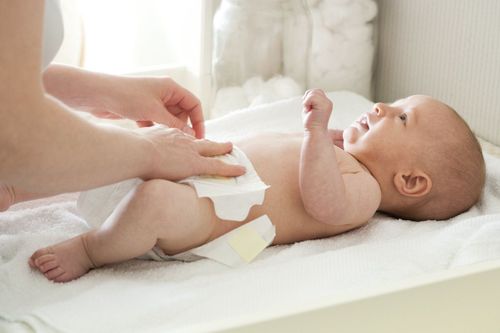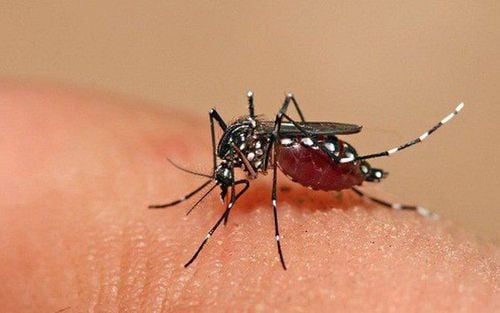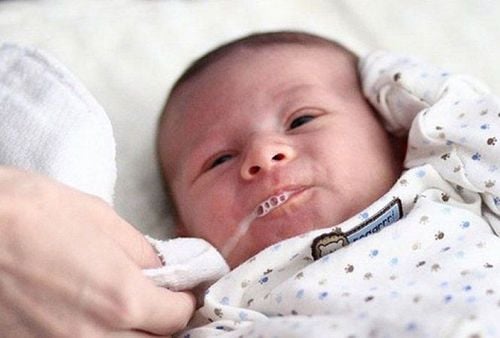1. The Impact of Pregnancy on Rheumatoid Arthritis
Researchers are not entirely sure why the symptoms of rheumatoid arthritis often improve during pregnancy. The disease is caused by the disorders of the immune system and attacking the normal synovial membrane in the body's joints. The hypothesis is that pregnancy suppresses the immune system to protect the fetus from being rejected by the mother's body. This means that the patient's immune system is no longer as active as before, reducing attacks on the joints and limiting the inflammatory response in the body.
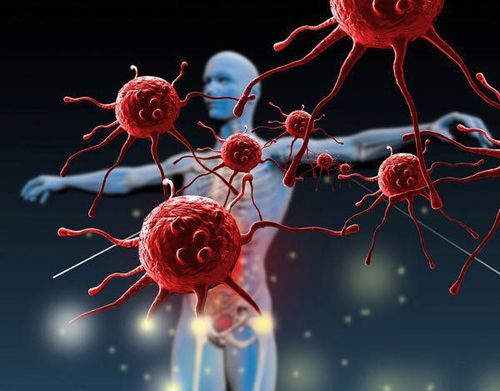
2. Reactivation of Rheumatoid Arthritis after Pregnancy
While the symptoms of rheumatoid arthritis often subside or disappear during pregnancy, they typically return within three months after pregnancy. A recent study suggests that changes in the activity of certain genes within immune cells may be the underlying cause of this phenomenon.
The research involved analyzing and measuring the activity of various genes in six pregnant women with rheumatoid arthritis and eight healthy pregnant women at two-time points: the last trimester of pregnancy and 24 weeks after Pregnancy. Results showed that five out of six patients with mild disease activity exhibited gene expression patterns similar to those of healthy pregnant women. However, after childbirth, the activity of these genes increased significantly compared to during pregnancy. The reactivation of these genes was associated with both the innate and adaptive immune systems.
Analyses of rheumatoid arthritis after pregnancy cases have highlighted the crucial role of the innate immune system, along with increased transcription of genes related to monocytes. Additionally, the expression of genes associated with lymphocytes also increased in rheumatoid arthritis after pregnancy, demonstrating the role of the adaptive immune system. According to the research team, the interaction between the activity of monocytes and lymphocytes is a key mechanism for the recurrence of rheumatoid arthritis after pregnancy.
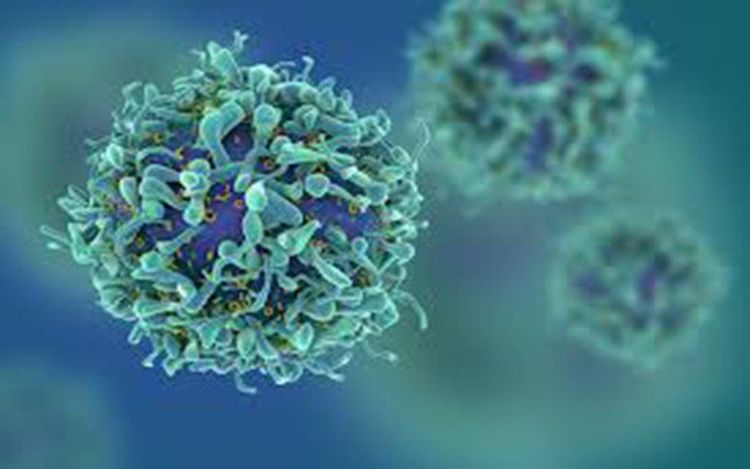
3. Rheumatoid Arthritis after Pregnancy and Breastfeeding
While the benefits of breastfeeding are well known, the process can be challenging for new mothers, including those with rheumatoid arthritis. The limited range of motion in the elbows, wrists, and hands can make it difficult for mothers with rheumatoid arthritis to find comfortable breastfeeding positions. Physical therapy and supportive devices like braces can help reduce stress on the joints and make breastfeeding more comfortable.
Additionally, some medications used to treat rheumatoid arthritis may not be safe during breastfeeding. Therefore, before making a decision, patients should consult with their healthcare providers for thorough evaluation and advice. Steroids and hydroxychloroquine are generally considered safe during breastfeeding, but disease-modifying antirheumatic drugs may have potential side effects. Some women may respond well to over-the-counter pain relievers during breastfeeding. However, if the disease becomes severe, women with rheumatoid arthritis may need to resume their specific medications and switch to formula feeding.
Although the symptoms of rheumatoid arthritis in pregnant women are often mild or even disappear, and only recur within three months after Pregnancy, it is advisable for pregnant women with rheumatoid arthritis to choose reputable healthcare facilities for prenatal care and delivery to ensure safety throughout pregnancy.

Vinmec International General Hospital is a modern medical facility that specializes in diagnosing and treating musculoskeletal disorders, immunology and allergy, and obstetrics. Vinmec is equipped with the necessary medical equipment to perform treatments ranging from simple to complex procedures such as medical treatment and interventional medicine. Accordingly, the entire examination and treatment process at Vinmec is carried out by a team of highly qualified doctors who have undergone training and been certified in various techniques. They can handle emergencies quickly and effectively. Therefore, patients with musculoskeletal disorders or other diseases can rest assured with Vinmec's rigorous, methodical, and optimal treatment process.
In particular, to enhance service quality, Vinmec is currently implementing a comprehensive maternity care service. This service is designed to provide peace of mind for expectant mothers by offering the support of a team of medical professionals throughout their pregnancy, from care and monitoring to comprehensive examinations, ultrasounds, tests, and health advice to ensure healthy fetal development.
To arrange an appointment, please call HOTLINE or make your reservation directly HERE. You may also download the MyVinmec app to schedule appointments faster and manage your reservations more conveniently.
References: medscape.com, webmd.com
MORE: "Living" with Rheumatoid Arthritis Rheumatoid Arthritis Warning Signs Rheumatoid Arthritis




